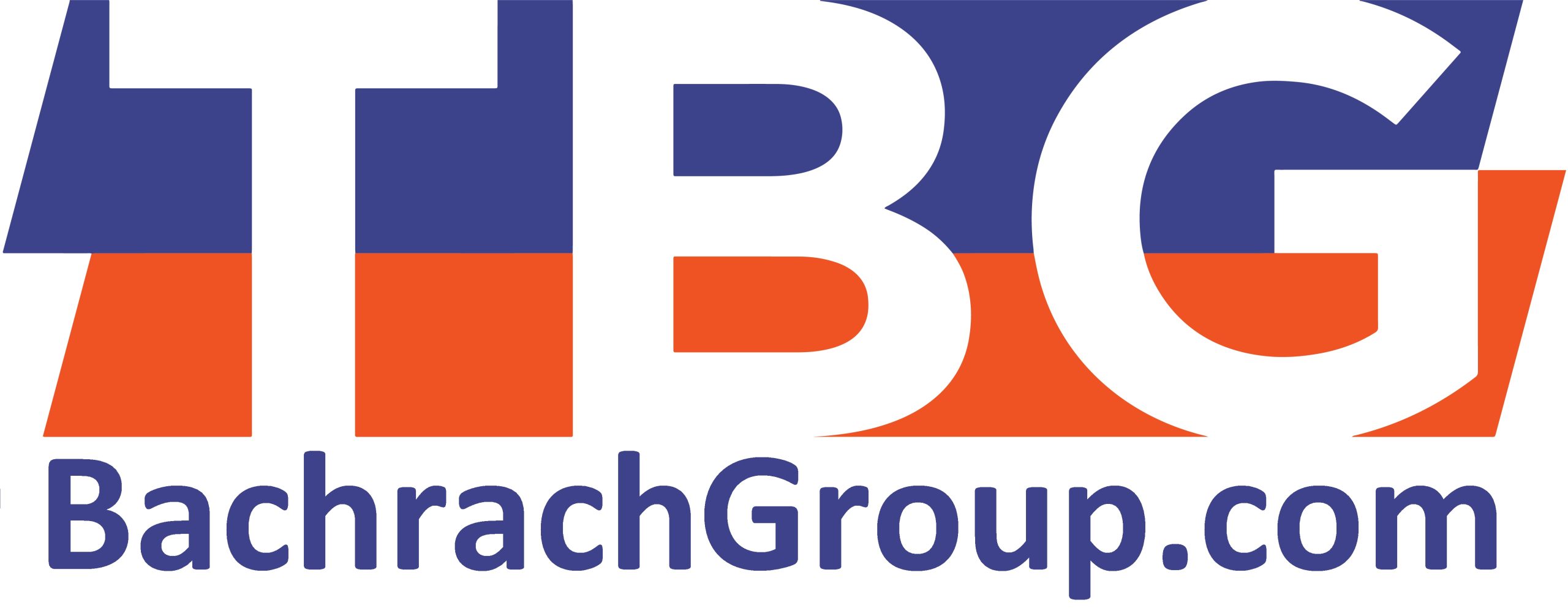As our team at The Bachrach Group celebrates 50 years in the recruiting industry, we recognize that we wouldn’t be where we are today without embracing the technological advancements shaping our field. While the method by which we recruit has changed, one thing has not: the irreplaceable value of people in the recruitment process.
Everyone in recruiting seems to be talking about AI and the potential pitfalls of over-relying on its technology without proper oversight. It’s important to remember that while AI and automation can enhance efficiency, it cannot replace the nuanced understanding and personal touch experienced human recruiters bring to the table.
AI offers benefits like faster resume scanning and candidate matching in recruiting. It can quickly analyze data and handle repetitive tasks, freeing up recruiters and hiring managers more time to focus on strategic planning and relationship building. AI can also make getting your job in front of the right candidate easier by sending personalized job recommendations to all-star candidates.
However, these technologies have their downside as well. They may perpetuate existing biases and miss the soft skills needed to be successful in a role. This underscores the idea that AI should assist, not replace, human recruiters. An experienced recruiter can leverage these tools to amplify their processes. While AI can improve turnaround times, it cannot replace the human touch. A skilled recruiter understands a candidate’s deeper motivations and goals beyond their resume.
Throughout the years, recruitment has adapted to the latest trends, from manual job postings and paper resumes to sophisticated AI-driven platforms. Despite all the changes, recruiters will always be at the heart of connecting people with their dream jobs.


Why AI Can’t Replace Can’t Replace the Human Connection in Recruiting
The recent charges by the SEC against the former CEO of AI-based recruiting startup Joonko for a $27 million fraud scheme highlight the potential pitfalls of over-relying on technology without proper oversight and ethical standards.



